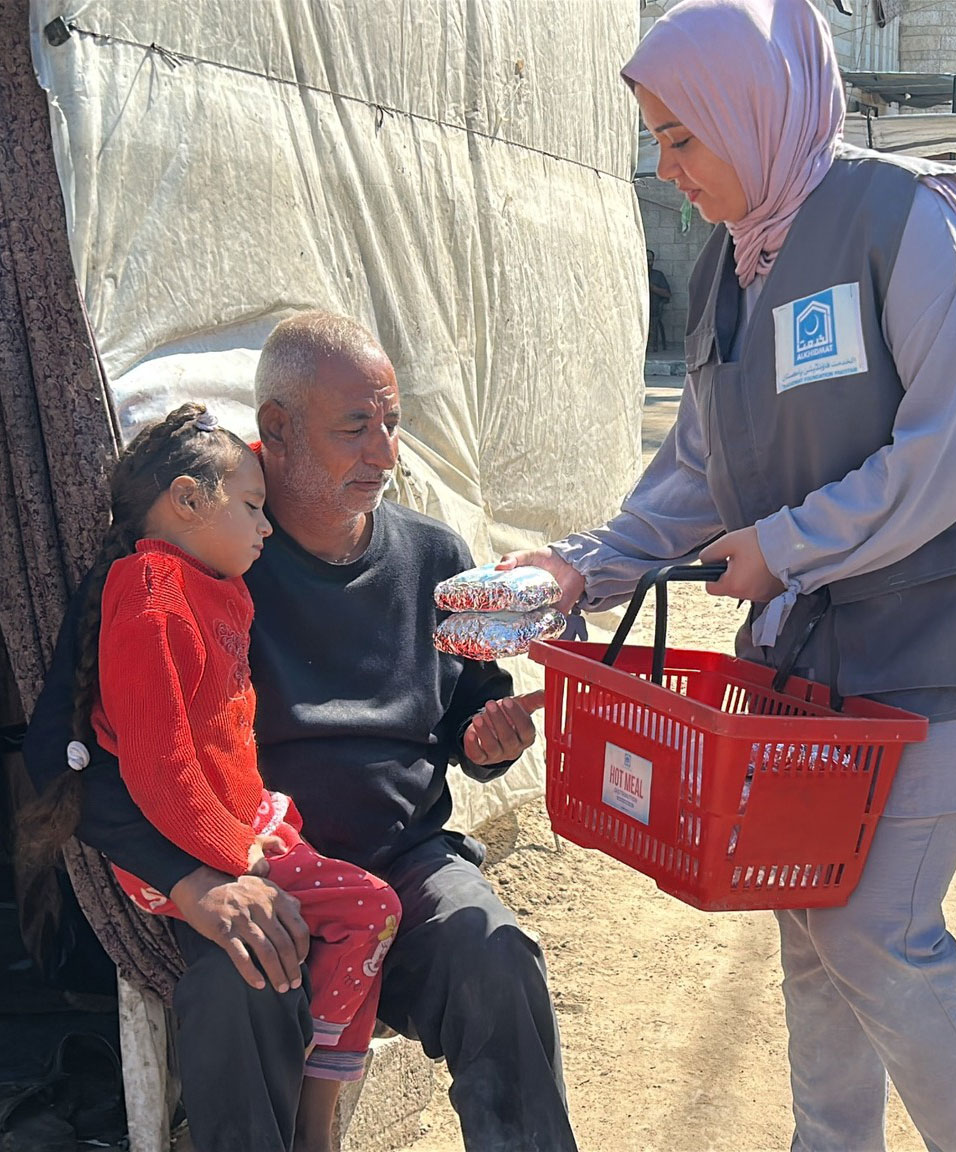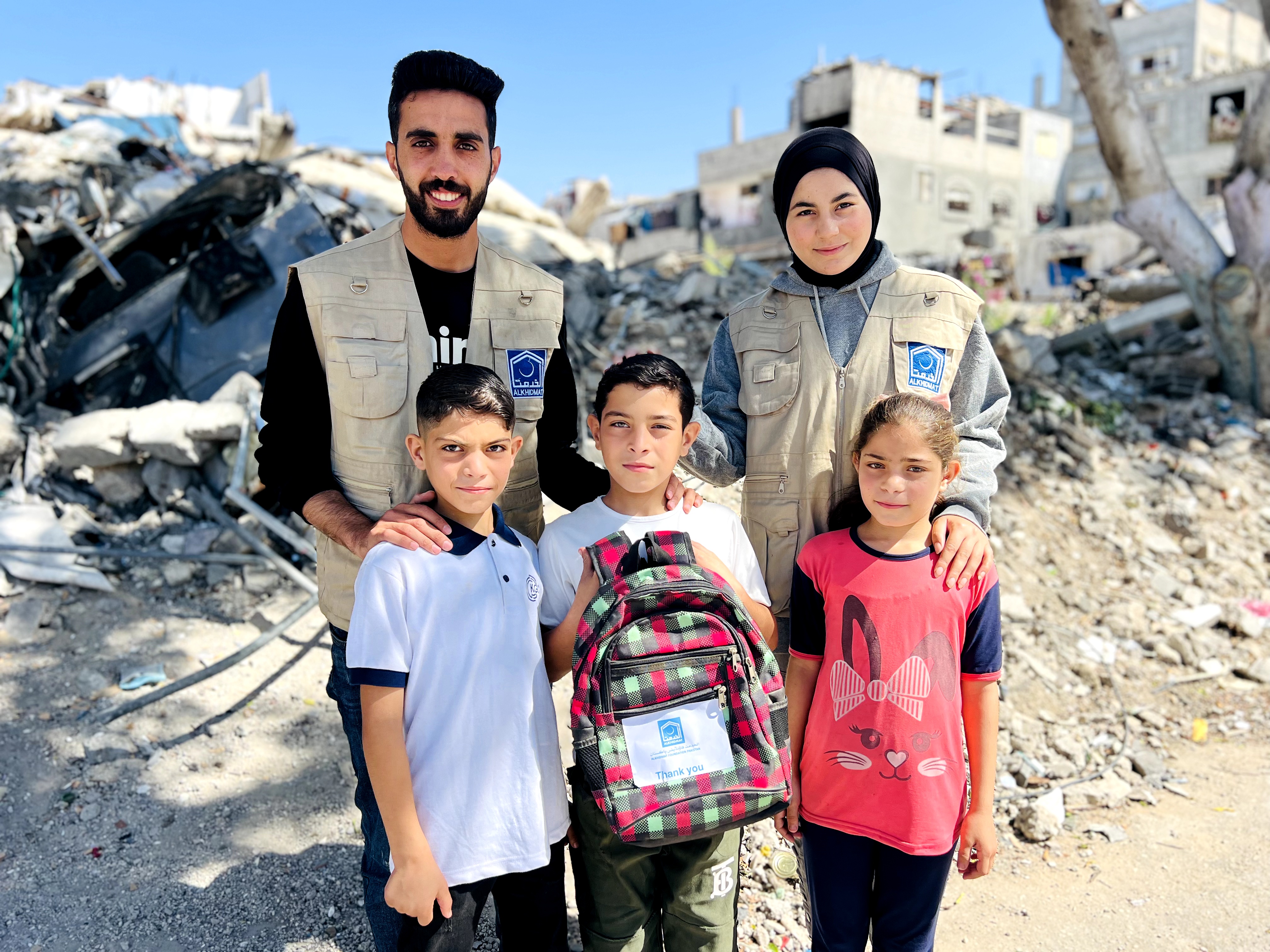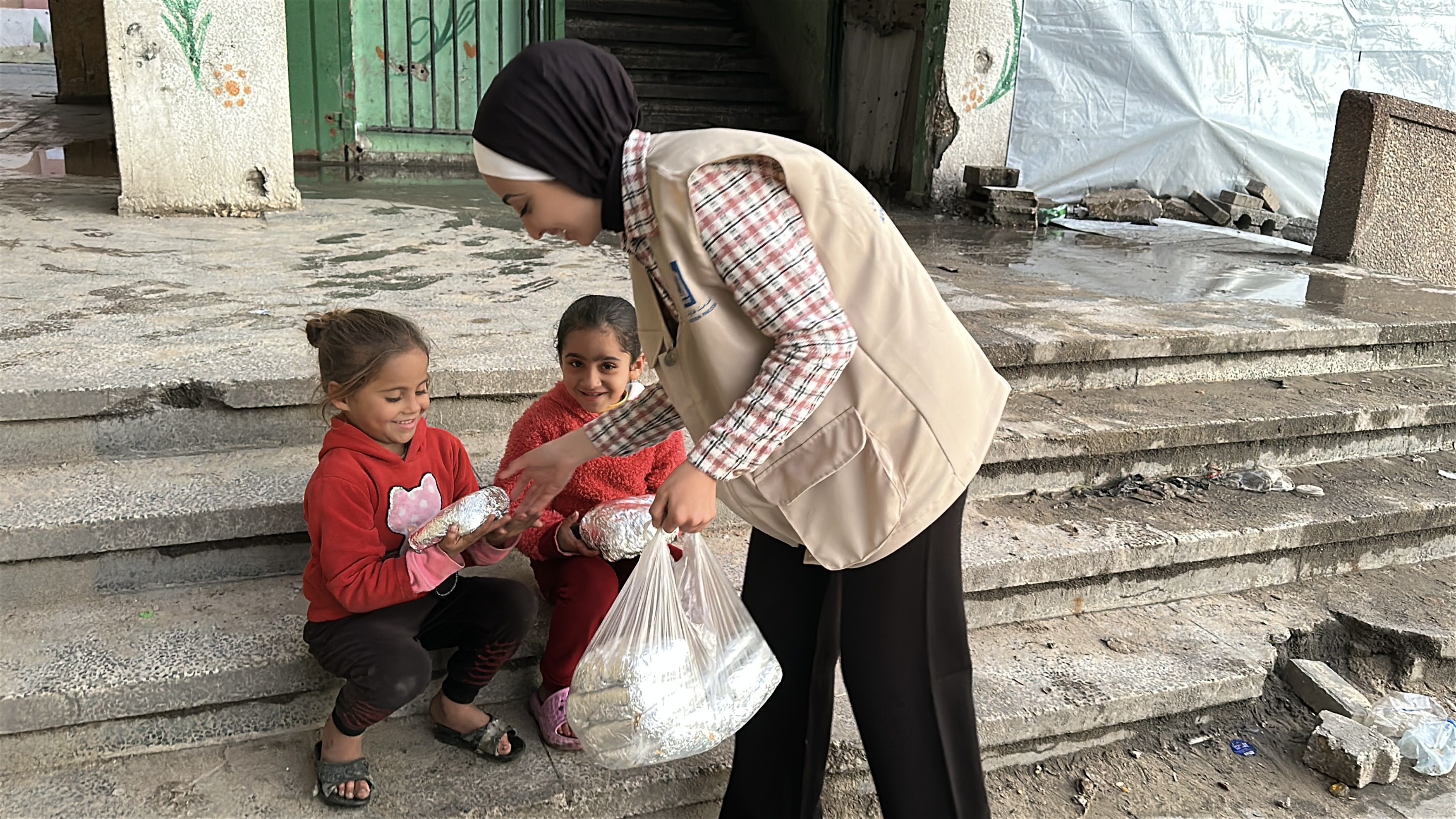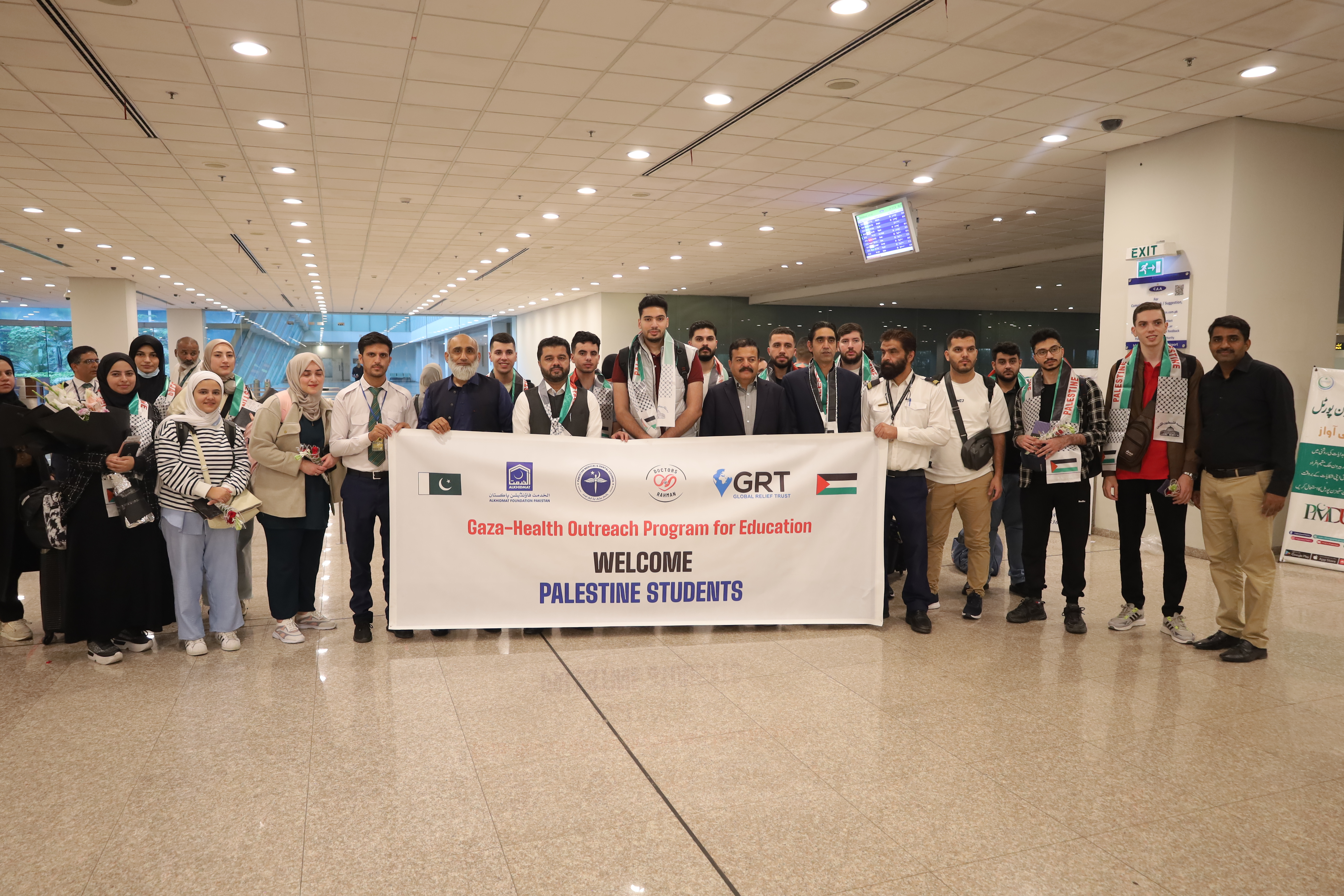No, Sadaqah is voluntary and highly encouraged for both men and women. However, Zakat, the obligatory form of charity, is required from anyone who meets the minimum wealth threshold (Nisab), regardless of gender.

Women’s Philanthropy in Islam
Islam greatly values the charitable spirit of women and acknowledges their active role in supporting society. Throughout Islamic history, women have been at the forefront of philanthropy, using their wealth, time, and efforts to help those in need. From the wives of the Prophet Muhammad ﷺ to countless women across generations, their generosity has played a vital role in strengthening communities. Islam encourages women to give in the way of Allah, reminding believers that sincere charity, regardless of gender, brings immense reward and blessings

Empowering Change with Women Leading Projects Across the Globe
Free IT Skills Training for Housewives Nearby
Housewives now have the chance to unlock new opportunities with our free IT skills training program right in their area. From Sales & Lead Generation, Amazon FBA Virtual Assistant, and Graphic Designing to many more exciting fields, this program is designed to help you learn in-demand digital skills. Whether you want to start freelancing, support your family financially, or simply explore your potential, this is your chance to gain confidence, earn from home, and shape a brighter future.

Mastering Illustrator, Photoshop & Canva

Mastering Wholesale & Online Arbitrage

Become the master in sales & leads generation
Equality in Reward for Charity
The Qur’an makes it clear that the reward for charity is the same for both men and women when given sincerely:
“Indeed, the Muslim men and Muslim women, the believing men and believing women... and the men who give charity and the women who give charity... Allah has prepared for them forgiveness and a great reward.”
Surah Al-Ahzab (33:35)
This verse shows the equal spiritual reward for women who give charity and participate in good deeds.
Many women during the Prophet Muhammad’s ﷺ time were known for their generosity:
Khadijah bint Khuwaylid (RA): The Prophet’s first wife, who supported Islam in its earliest days with her immense wealth and kind heart. She was the first person to believe in him and to give for the cause of Islam.
Zaynab bint Jahsh (RA): Known as “the mother of the poor,” she used to give generously to the needy from her own income.
The Prophet ﷺ said:
“O women! Give charity, for I have seen that you form the majority of the people of Hell.”
(Sahih Muslim)
This Hadith is not a criticism, but a reminder of the importance of giving charity and avoiding sins. The Prophet ﷺ actively encouraged women to engage in charity as a means of purification and reward.
Ways To Donate
Become Volunteer
Cheques & Bank Drafts Collection
Donate Zakat
Al Khidmat Foundation Pakistan Account no. (PKR):
02140101095120
IBAN:
PK94MEZN0002140101095120
SWIFT code:
MEZNPKKA
Why Reflect on Women’s Philanthropy?
Women have always held a vital role in uplifting society through acts of charity and service. Their compassion, dedication, and generosity are powerful reflections of faith, creating lasting impact in both this world and the Hereafter.
Honored by Allah
-
“Indeed, the Muslim men and Muslim women... and the women who give charity...”
— Qur’an 33:35
Inspired by the Prophet’s Family
-
Khadijah (RA): Gave her entire wealth in support of Islam.
-
Zaynab bint Jahsh (RA): Known as “the mother of the poor.”
-
Aisha (RA): Often gave charity quietly and consistently.
Spiritual Growth
-
Charity increases faith and removes pride.
-
It draws one closer to Allah and purifies the soul.
Equal Reward
-
“Whoever does righteousness, whether male or female, while being a believer — We will grant them a good life.”
— Qur’an 16:97
Charity as a Legacy
-
“When a person dies, their deeds end except for three: ongoing charity, beneficial knowledge, or a righteous child who prays for them.”
— Hadith (Sahih Muslim)
How Women Lead in Sadaqah Jāriyah
-
Supporting Orphans and Widows: Strengthens families and protects vulnerable lives.
-
Funding Water Projects and Healthcare: Provides long-term relief and wellness.
-
Investing in Education and Islamic Learning: Empowers future generations of believers.
-
Volunteering and Community Organizing: Builds unity and sustainable social change.
Why Choose Alkhidmat Foundation?
-
Empowering Women: Involves women in meaningful roles in charity and leadership.
-
Transparent Impact: Regular updates and reports on how your donation is used.
-
Faith-Based Approach: Projects follow Islamic values and ethical standards.
-
Sustainable Development: Focus on long-term solutions in education, health, and welfare.
-
Nationwide Reach: Decades of experience serving communities across Pakistan.
Be a Part of Their Legacy
-
Support women-driven charity.
-
Multiply your rewards in this life and the Hereafter.
-
Transform communities with compassion and lasting impact.
Frequently Asked Questions
-
Building water wells or pumps
-
Supporting orphanages or schools
-
Funding Islamic education or Qur’an distribution
-
Donating to health clinics or hospitals
-
Planting trees or environmental protection projects
-
Increased barakah (blessing) in wealth
-
Forgiveness of sins
-
Protection from hardships
-
Rewards in both this world and the Hereafter
-
Ongoing rewards if the charity is continuous
Yes. The Qur’an clearly states that men and women who do righteous deeds are equal in reward if they are sincere in faith and action.
“Allah has prepared for them forgiveness and a great reward.”
— Qur’an 33:35
Yes, she can donate on behalf of others, and both she and the deceased can earn rewards for the act, especially if it's a form of Sadaqah Jariyah.
Yes, Islam grants women full ownership of their wealth. They are free to give charity from their earnings, savings, or assets without needing permission from a husband, father, or guardian.
Yes, many women around the Prophet ﷺ were generous and charitable. Khadijah (RA) gave her entire wealth to support Islam, while Zaynab bint Jahsh (RA) was known for helping the poor regularly.
Absolutely. Women can serve their communities by volunteering, organizing events, distributing aid, or supporting campaigns that benefit the needy.
-
By offering women-led projects and programs
-
Empowering women as volunteers, donors, and organizers
-
Addressing issues affecting women and children directly
-
Ensuring their contributions are recognized and impactful
-
Set aside a small amount weekly or monthly
-
Choose a cause close to the heart
-
Give quietly and sincerely
-
Encourage friends and family to join
-
Support sustainable, ongoing causes



